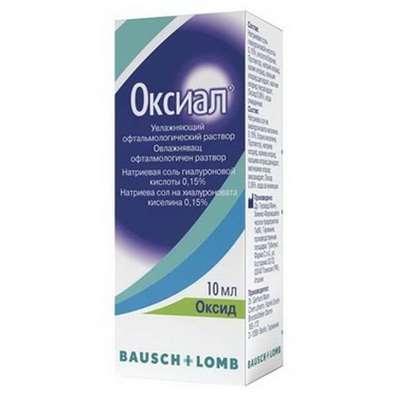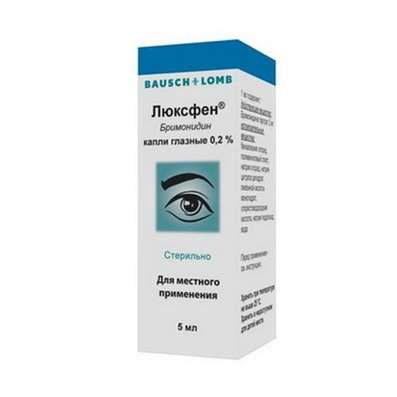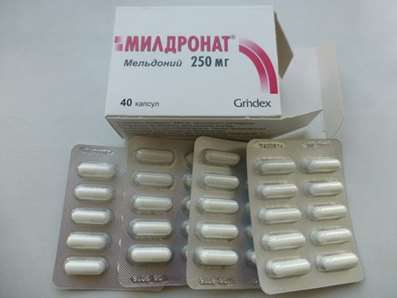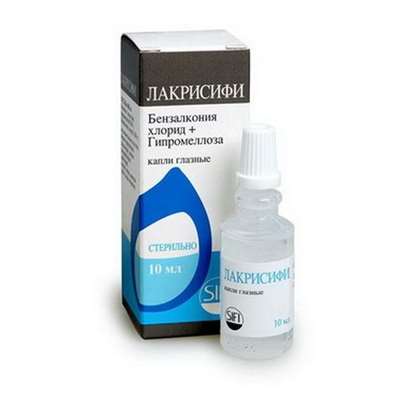Actovegin - unique drug
18 Jul 2018
One of the leading causes of morbidity and mortality worldwide is cerebrovascular pathology (up to 50 percent of all cardiovascular pathologies). Effective treatment and diagnosis of pathology is the foundation for the treatment of major diseases in geriatrics. Metabolic changes in nerve cells have long been the goal of targeted pharmacological effects.
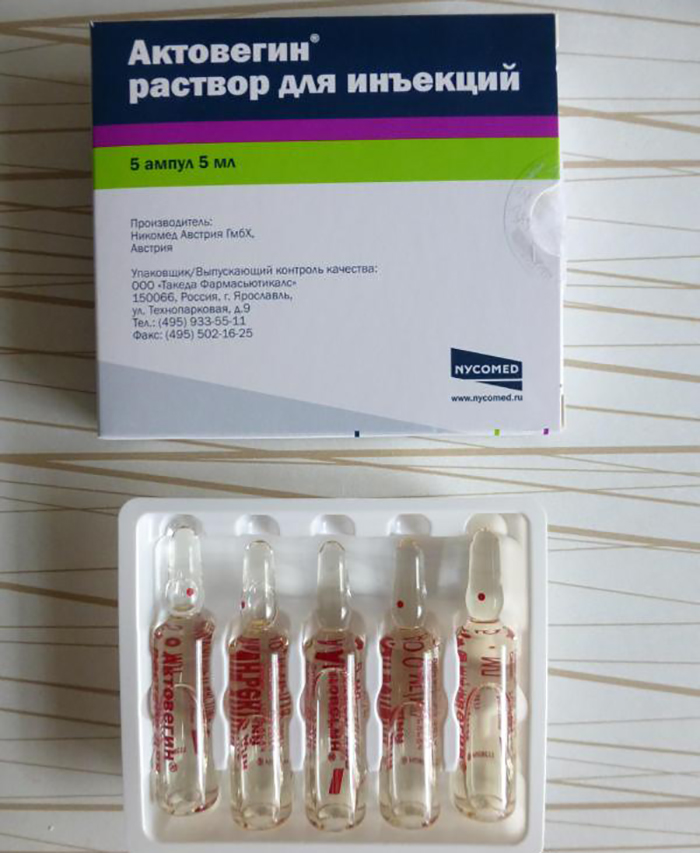
Actovegin is the most commonly used medication of this type. It is connected with the concept of neurometabolic pharmacotherapy. Different areas of medicine use Actovegin with success - therapy, neurology, endocrinology, surgery. Such a huge success of Actovegin is the result of a special mechanism of action.
Let's try to understand the features of the mechanism of action of Actovegin.
A practicing physician of clinical neurology has an extensive selection of medications for neurotransmitter and vasotropic action that can successfully solve problems of correction of neurotransmitter imbalance and regulation of cerebral blood flow. Nevertheless, the third most important part of the strategy of treating central nervous system diseases - neurometabolism - is a problematic link.
Actovegin is popular not only in the field of neurology, but also in all clinical practice due to its three main merits:
a) high efficiency;
c) a wide range of pharmacological effects;
(c) Security.
The basic mechanism of action of the drug Actovegin is to improve aerobic metabolism due to improved supply and consumption of glucose. This helps to activate the formation of ATP and establish an energy metabolism in hypoxia, as well as normalize the metabolism and action of the cell.
All this is due to the following features of the action of Actovegin:
Actovegin improves the use of oxygen by neurons, and also promotes the formation of adenosine triphosphate.
Actovegin helps the formation of the most important neurotransmitter of the central nervous system - acetylcholine.
Actovegin improves the flow of glucose through the blood-brain barrier.
Actovegin is a kind of comprehensive bioenergy stabilizer of cellular metabolism. This is what distinguishes Actovegin from other nootropic and vasotropic drugs, which affect only a certain component energy supply of the cell or several components, rather than the whole process.
Actovegin is also a powerful antioxidant, acting as a result of the start of the main enzyme of the internal antioxidant system.
Actovegin promotes intracellular transport of glucose, acting like insulin, but without affecting the receptors of the pancreas, which is important in the presence of insulin resistance. At the same time, according to the force of action, Actovegin is weaker than insulin only twice.
Actovegin inhibits the progress of angiopathy in diabetics of the first type, and also increases the intensity of lipolysis.
Actovegin improves the adaptation of neurons, increases transport and oxygen consumption not only by neurons, but also by cells of various body systems.
Actovegin affects the cells of the myocardium and liver.
Thus, Actovegin is a unique drug that has found application in clinical practice, primarily in neurology (discalcular encephalopathy, vascular dementia, stroke, alcoholic neuropathy, diabetic neuropathy and angiopathy, radiculitis, vertebral hernia and osteochondrosis, craniocerebral trauma, brain injuries).
Actovegin also has a preventive effect, which helps prevent the occurrence of metabolic disorders characterized by cognitive and psycho-emotional symptoms.
The use of Actovegin helps in the successful treatment.
Actovegin is a safe drug, side effects have not been observed, allergic reactions are exceptions (in most cases, when the original is not used, but a fake), and that is important:
Actovegin is compatible with many drugs.
Actovegin is used in therapy not only for adults (including pregnant women), but also for the treatment of children.
Actovegin is also used in veterinary medicine. Apply Actovegin and in sports.
Actovegin is available both in a solution for intravenous infusions, and in injections, tablets, in the form of a gel, cream and ointment.
Actovegin is one of the most progressive pharmacological drugs used in various fields of medicine: in endocrinology, neurology, cardiology, gynecology, gastroenterology (here), rheumatology and dermatology, etc ..
Sometimes readers in their letters ask whether Actovegin can provoke dementia. Very authoritative authors of scientific research completely refute such unsubstantiated rumors.
I would like to stop here on what issue: on the issue of actovegin's effectiveness. Does Actovegin help?
Actovegin and Evidence-Based Medicine
You will meet on the Internet many articles on the lack of evidence base for Actovegin, ie. it is a question of that there are no studies of the efficacy and safety of Actovegin.
And it's all written about a drug that is very well known to doctors.
Yes, the exact mechanism of action of Actovegin is still unclear and has not been fully understood.
However, it would be unfair not to notice that a number of experiments on the mechanism of Actovegin have been carried out in recent years and a number of effects of this drug have been accurately established (insulin-like activity, neuroprotective properties ...).
Experimental experiments have shown that in Actovegin, extraordinary opportunities exist for the therapy of pathologies, which are accompanied by ischemia, hypoxia and oxidative stress.
Today, Actovegin is widely used in the complex therapy of encephalopathies, in the treatment of patients after a stroke and patients with diabetes mellitus (in the case of diabetic polyneuropathy - a frequent and extremely dangerous complication of diabetes, often resulting in gangrene of the extremities).
Actovegin is used in practice for more than thirty years: longer than the term "evidence-based medicine" itself.
If you follow the fact that there is no evidence base for Actovegin, then there may be a situation where the possibilities for treatment as a whole will be reduced, because a lot of drugs can be added to the list of drugs that did not pass "independent studies on GCP rules".
Here is what an authoritative specialist writes about this (Kulikov A.Yu., Associate Professor of the Department of Drug Supply Organization ...): "40% of medicines on the Russian market ... have no evidence base." However, this does not mean that such a sin is not found among a number of foreign manufacturers.
Archie Cochran and his colleagues have done a great job in the last decade: around the world today - a dozen Cochran centers. They made a significant contribution to what is today called "evidence-based medicine."
We hope that further study of Actovegin will be continued:
Today there are more than two dozen countries where this drug has found application.

 Cart
Cart

